The book Waste to Wealth: Engineering Resource Recovery is a collaborative effort by a team of authors from diverse engineering and scientific backgrounds, united by a common vision—to redefine the perception of waste as a valuable resource rather than an environmental burden. This volume serves as a comprehensive guide to the transformation of waste materials into economically and environmentally sustainable products through the application of engineering principles, scientific innovation, and technological advancement.
The growing challenges of resource depletion, energy scarcity, and waste accumulation necessitate an integrated approach to resource recovery. Through this book, the authors aim to provide an interdisciplinary framework encompassing waste classification, treatment technologies, recycling methods, energy recovery systems, and sustainable product life-cycle design. It explores key engineering processes such as anaerobic digestion, pyrolysis, gasification, composting, and advanced material recycling, illustrating how innovative engineering can restore value to discarded resources.
Each chapter of the book integrates theoretical concepts with practical case studies, industrial applications, and recent research trends. The content is designed to benefit readers from academia, research institutions, and industry by bridging scientific knowledge with real-world implementation strategies. The book also highlights emerging technologies such as artificial intelligence in waste management, bioengineering for resource recovery, and circular economy models that align with global sustainability goals.
This collaborative work emerged from the shared commitment of the authors to promote sustainable engineering education and practice. Each contributor brought unique expertise—from environmental and chemical engineering to mechanical design and renewable energy systems—ensuring a holistic presentation of the subject matter. The synergy of multiple authors added academic depth, diversity of thought, and a rich interdisciplinary perspective.
We express our sincere gratitude to our respective institutions for providing the motivation and resources required for this project. We also thank the academic and industrial peers who offered valuable insights that helped shape the content of this book. Above all, we acknowledge the collective effort of our co-authors, whose dedication and intellectual contributions made this work a reality.
We hope that Waste to Wealth: Engineering Resource Recovery will inspire students, researchers, and professionals to innovate sustainable solutions for waste management and contribute to a cleaner, greener future.

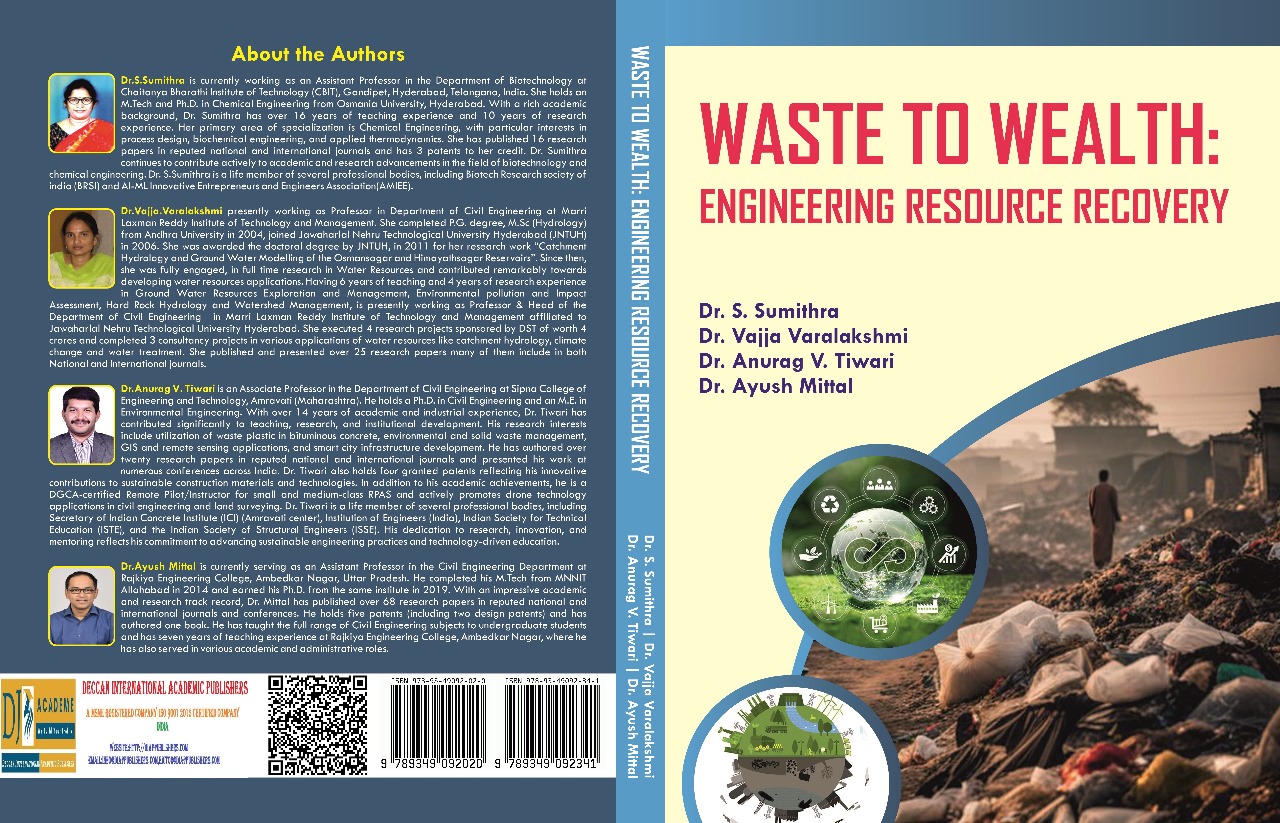
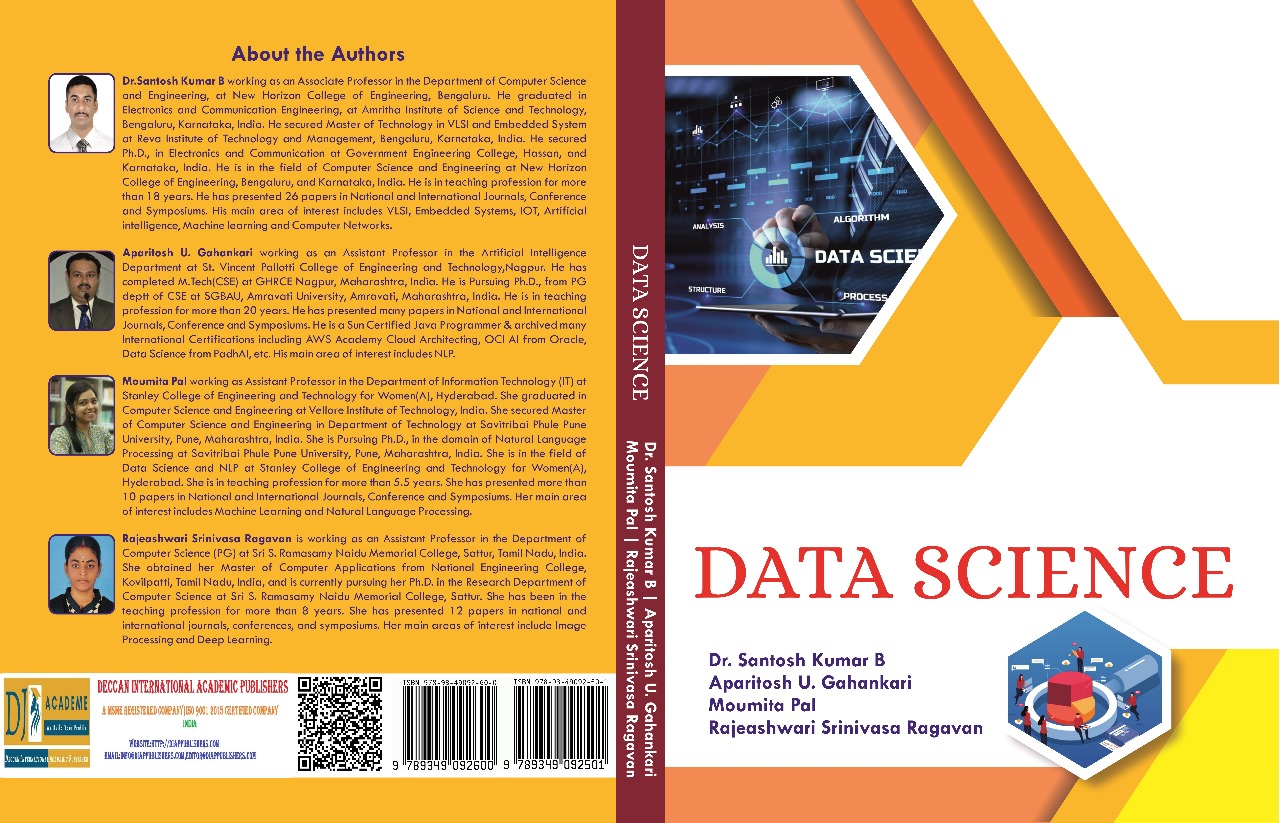
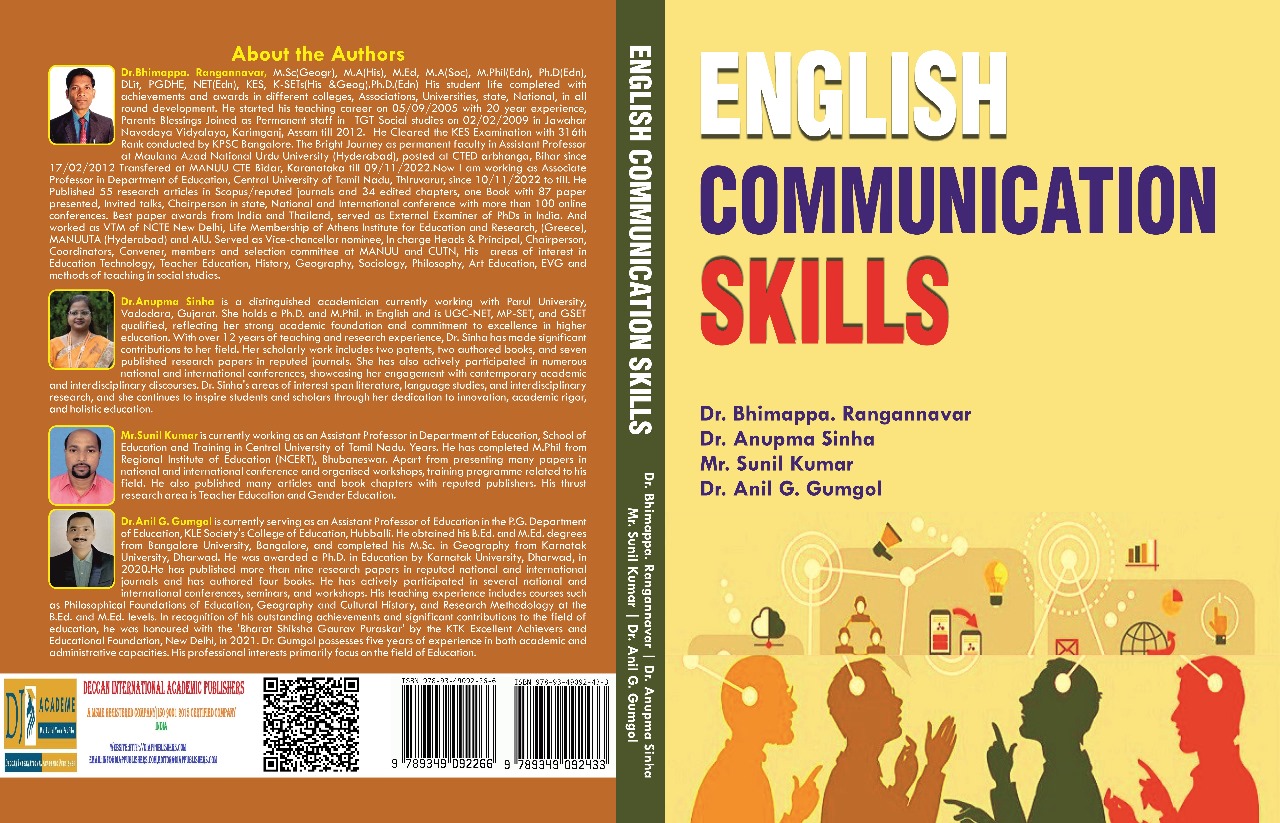
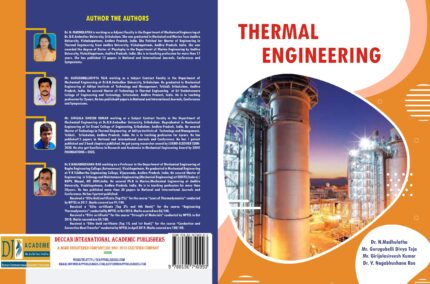
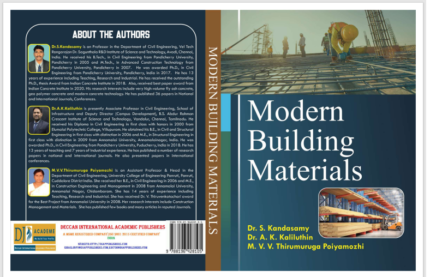
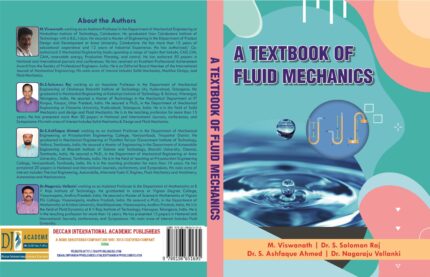
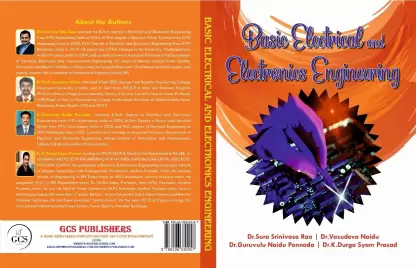
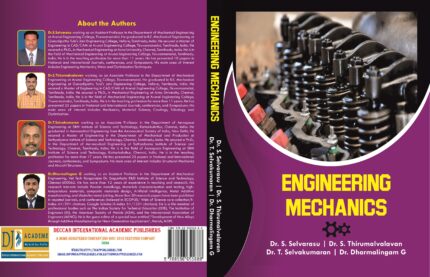
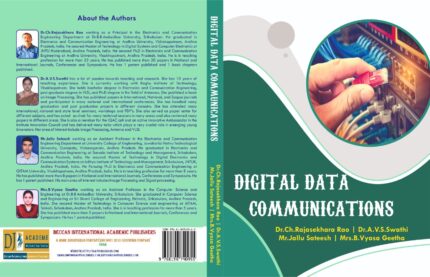
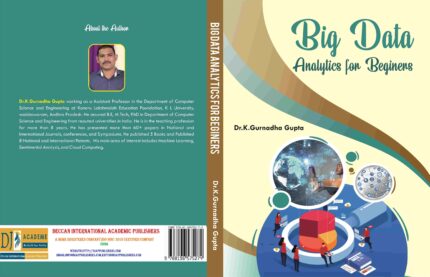
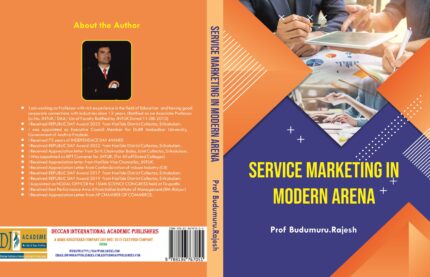
Reviews
There are no reviews yet.